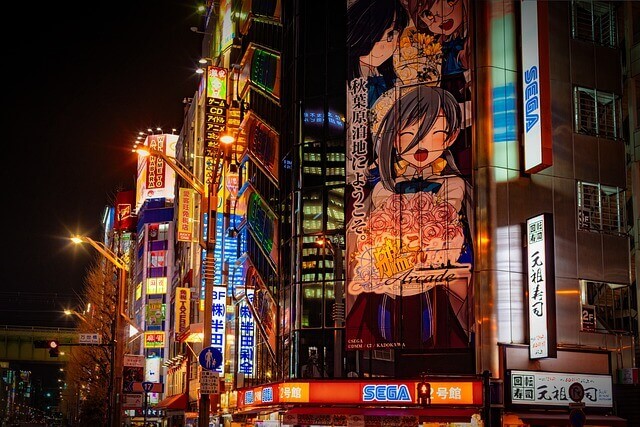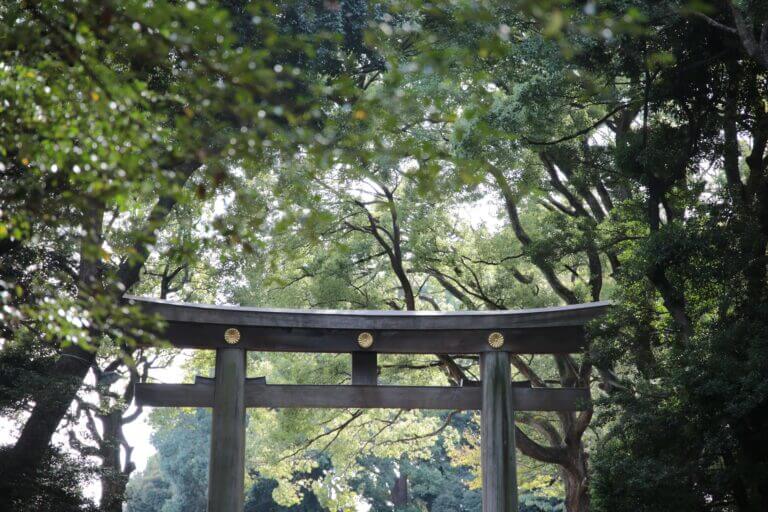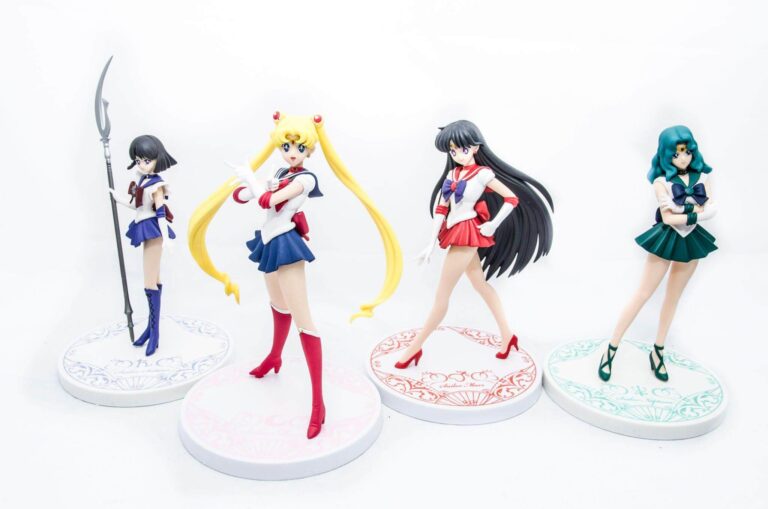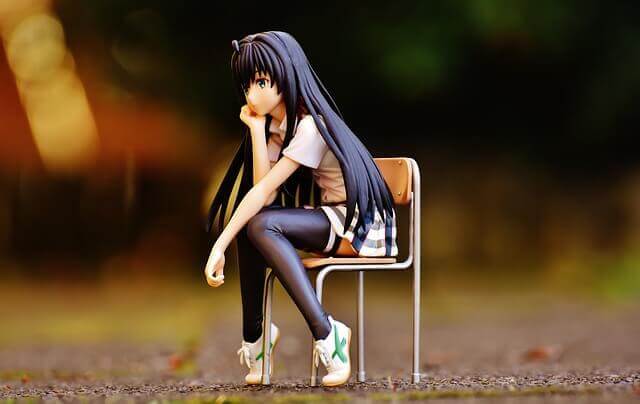List of Contents
Welcome, fellow otakus! If you’re reading this, chances are you’re just as obsessed with anime, manga, and video games as we are. And let’s be real, there’s nothing wrong with that. In fact, being an otaku is something to be proud of!
Definition of otaku culture
But for those who may not be familiar with the term, “otaku” refers to people who are extremely passionate and knowledgeable about a particular subject or hobby. It’s often used to describe fans of anime, manga, and video games, and it’s usually associated with a certain level of social awkwardness or isolation. Basically, if you can name every single character in your favorite anime series and know their backstories by heart, you’re probably an otaku. No shame in that game.
Originated in Japan
Otaku culture has its roots in Japan, where it emerged as a subculture in the 1980s. The mecca of otaku culture is Akihabara, a neighborhood located in Tokyo, Japan. Akihabara is known for its abundance of manga, anime, and gaming stores, as well as its many arcades, electronics stores, and other attractions catering to fans of Japanese pop culture. It is often referred to as the “otaku capital” of Japan and is a popular tourist destination for people interested in this subculture.
Thanks to the internet and social media, it has become more mainstream and has spread to other parts of the world. Nowadays, you can find otaku-themed events and conventions in places like the United States, Canada, and Europe. It’s like a secret society for super fans, and we love it.
Characteristics of otaku culture
Now, let’s get into the nitty gritty of otaku culture. Here are some of the characteristics that make it unique:
1. An intense love for all things manga and anime. Otakus can often be found devouring their favorite series, debating the merits of different anime adaptations, and collecting every piece of merchandise they can get their hands on.
2. A deep knowledge of Japanese culture and language. Many otakus are fascinated by all things Japanese and will go above and beyond to learn more about the country’s history, language, and customs.
3. A love for cosplay and dressing up as their favorite characters. Otakus will often go to great lengths to perfectly recreate the outfits of their favorite manga and anime characters, and can often be found at conventions and meetups dressed up in full cosplay.
4. An active online presence. Otakus can often be found on forums, social media groups, and online communities dedicated to their favorite manga and anime series, sharing fan theories, fan art, and general nerding out with like-minded individuals.
5. A willingness to embrace their inner nerd. Otakus are unapologetic about their love for all things nerdy and are proud to let their geek flags fly.
Impact of otaku culture on mainstream culture and the entertainment industry
Otaku culture has come a long way from its humble beginnings as a niche hobby enjoyed by a small group of Japanese fans. Today, it has become a major force in the entertainment industry, influencing mainstream culture and shaping the way we consume media.
1. The rise of anime and manga in the mainstream. Otaku culture has played a huge role in the popularity of anime and manga outside of Japan. Thanks to dedicated fan bases and the accessibility of streaming platforms, anime, and manga have gained a wider audience and are now considered mainstream forms of entertainment.
2. The influence of otaku culture on fashion. Otakus have always been known for their love of cosplay, and this love of dressing up has had a major impact on mainstream fashion. From “Harajuku style” to the popularity of graphic tees and accessories featuring anime and manga characters, otaku culture has had a major influence on what we wear.
3. The impact on the gaming industry. The gaming industry has also been influenced by otaku culture, with Japanese-developed games such as “Final Fantasy” and “Pokemon” becoming household names. The popularity of esports, particularly in Asia, has also been driven in part by the success of otaku-centric games like “League of Legends” and “Overwatch.”
4. The rise of conventions and meetups. Otaku culture has given rise to a host of conventions and meetups dedicated to all things manga, anime, and gaming. These events have become major tourist attractions and have helped to bring together like-minded fans from all over the world.
Otaku culture has had a major impact on mainstream culture and the entertainment industry. From the rise of anime and manga to the influence on fashion and gaming, it’s clear that this once-niche hobby has become a major force to be reckoned with. So, the impact of otaku culture on mainstream culture and the entertainment industry is huge.
Importance of understanding and appreciating otaku culture
This culture has spread around the world, and there are many reasons why we should appreciate it.
1. Creativity and Imagination: The anime and manga industry is known for its creative and imaginative storylines, characters, and artwork, which allows us to escape into new worlds and experience new stories. Otaku culture is a celebration of this creative expression, and it allows fans to connect with others who share their passion.
2. Diversity and Inclusion: Otaku culture is a diverse community, where fans of all ages, genders, races, and backgrounds come together. It is a culture that promotes inclusivity, and it is a place where everyone is welcome regardless of their background.
3. Cultural Exchange: Through otaku culture, we can learn about Japanese culture and gain a deeper understanding of the country’s customs, beliefs, and traditions. We can also appreciate the influence of Japanese culture on other cultures around the world.
4. Positive Impact on the economy: Otaku culture has become a major contributor to the economy in many countries, where the anime, manga, and video game industries have grown to be multi-billion dollar industries. It also creates job opportunities and helps in developing local content creation.
5. Personal Empowerment: Otaku culture allows fans to embrace their passions and interests, regardless of whether they’re considered mainstream or not. It encourages people to be themselves and to express themselves in their own unique way.
So, let’s embrace our inner otakus and embrace all the nerdy goodness that comes with it. Who cares if we can’t name all the U.S. presidents in order? We can name all the characters in our favorite manga series, and that’s what really matters.







